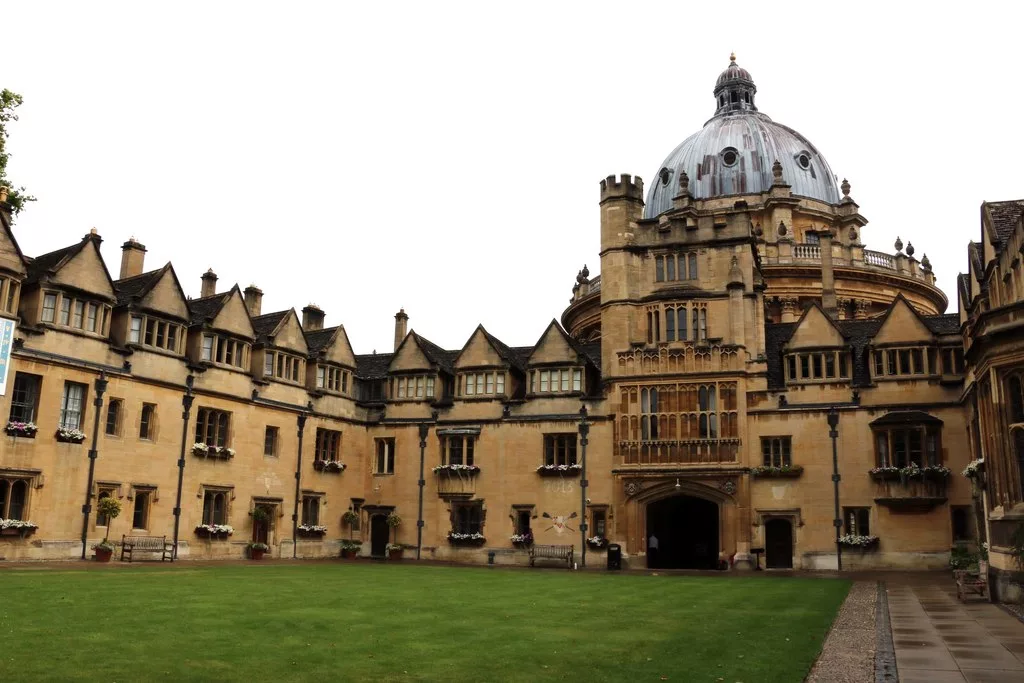I feared the day that the Film Studies people would touch Saltburn, largely because the stubborn thorn of ‘but sometimes the curtains are just blue!’ remains firmly, and unfortunately for an English student, fixed within my attitude towards film.
However, the overarching reason why I wanted Saltburn to remain far from academic busybodying is that Saltburn, for myself, is a profound testament to the ability of directors to pull shock-value out of a hat. Which is not to say that the necrophilia, the sucking of semen from a drain, nor the murderous ascent to landed status is frivolous. It wasn’t frivolous when Emily Brontë slapped two of the above three into Wuthering Heights, anyway. Instead, it is all to say that ‘class’ and ‘power’ – two themes which haunt the Cherwell machine, primarily because they haunt the Oxford machine with an undeniable omnipresence – haunt Saltburn too.
The tale of Oliver Quick has parallels to Wuthering Heights, in fact: effectively adopted by a land-owning family with a country house, then killing and shagging one’s way to the top. Do as the Romans do, as they say. But whilst the twist comes in that Heathcliff was portrayed as quite legitimately poor, Oliver isn’t. He comes from a middle-class family. This film is set in the Blair era, too, so the middle-class aesthetic differs from our current understanding of it. Yet what it predicts about the 2020s, way ahead of its time, is the feeling of necessity to create an identity by using, if not outright appropriating, working-class culture and suffering.
Talking of ‘working-class suffering’ assumes that Emerald Fennel achieves what seems to be desired: that an alcoholic cracking his head on the pavement should be seen as a working-class death, and substance abuse, mental illness and distinct dialects are characteristically working-class. Fundamentally, dying that way and substance abuse are horrific. Using them as a false working-class experience denotes either Oliver using lazy stereotypes about poor drunkards dating back to the 19th Century, and being classist himself, or that these experiences are the easiest way to signal to an audience that a character (even off-screen) is working-class. I hope it’s not the latter.
Before I continue, before I get wrapped in very reasonable doubts about my ability to talk on such matters, I concede that I come from a lower-middle class or upper-working class (depending on the economic conditions) family, both parents born to labourers, which influenced my upbringing, too. Admittedly, I attended a grammar school predominantly populated by upper-middle class boys with aspirations to be either bankers or private doctors. I do not think that Oliver Quick is the equivalent of any of these upper-middle class boys within Saltburn; the class distinctions of the early 2000s and of the late 2010s and early 2020s are markedly different. However, it is worth pondering on how (and why) Oliver and my classmates both desire to use working-class culture for their benefit.
My first theory is that conservative approaches to economics have sacrificed personal identity to aspirational wealth. Who cares what your background is when you have money to spend? Well, you do, for one. It’s not fun being soulless. Therefore, if you have a grandfather who happened to be a miner, you might as well use this to parade some working-class credentials and inherit a claim that some form of intergenerational hard graft and suffering has fallen to you to wear as a badge. Yet, given the reforms which Blair did institute, I want to hold off judgement on this theory for the case of Oliver.
To turn instead to Oxford, and escaping the suburbs, a sentiment I feel much closer to. There is a reason why the TV programme discussing Boy George’s childhood is called Get Me out of Suburbia: the complete functionality and absence of colour in the place. There’s a whole Twitter (or ‘X’) account devoted to hating new-build houses, whose primary function is to be built and meet necessary regulations – and, one can only assume, be identical to the eyesores to the left and right of them. Oliver is a young man from suburbia, aching from an inability to escape from a place primarily defined by function into somewhere with a simply perplexing amount of forks, gowns and port bottles. It’s not beauty driving him; a glance at the final minutes, when Oliver explains his plotting, and when he desecrates Saltburn with his dancing, naked body, indicates as much. So, a possible response for Oliver to ascend upwards is to be as alien to this environment (a place still containing a disproportionate amount of private-school students – and grammar school students, sorry) and its inhabitants as possible and get dragged into it by force, and a little empathy on Felix’s part, rather than trying to muddle though.
This is the fault with Oliver. There is possibly some nobility in muddling through, in being refreshingly honest about finding the rhythm and ritual simultaneously fun, liberating, whilst also a tad pointless. There is a sweetness to be found in being fine with drinking port (even if my IBS disagrees) from a plastic cup, as the vessel doesn’t matter, and anyway, I drop glasses like they’re hot. But Saltburn would have been very boring if Oliver had just been honest.


